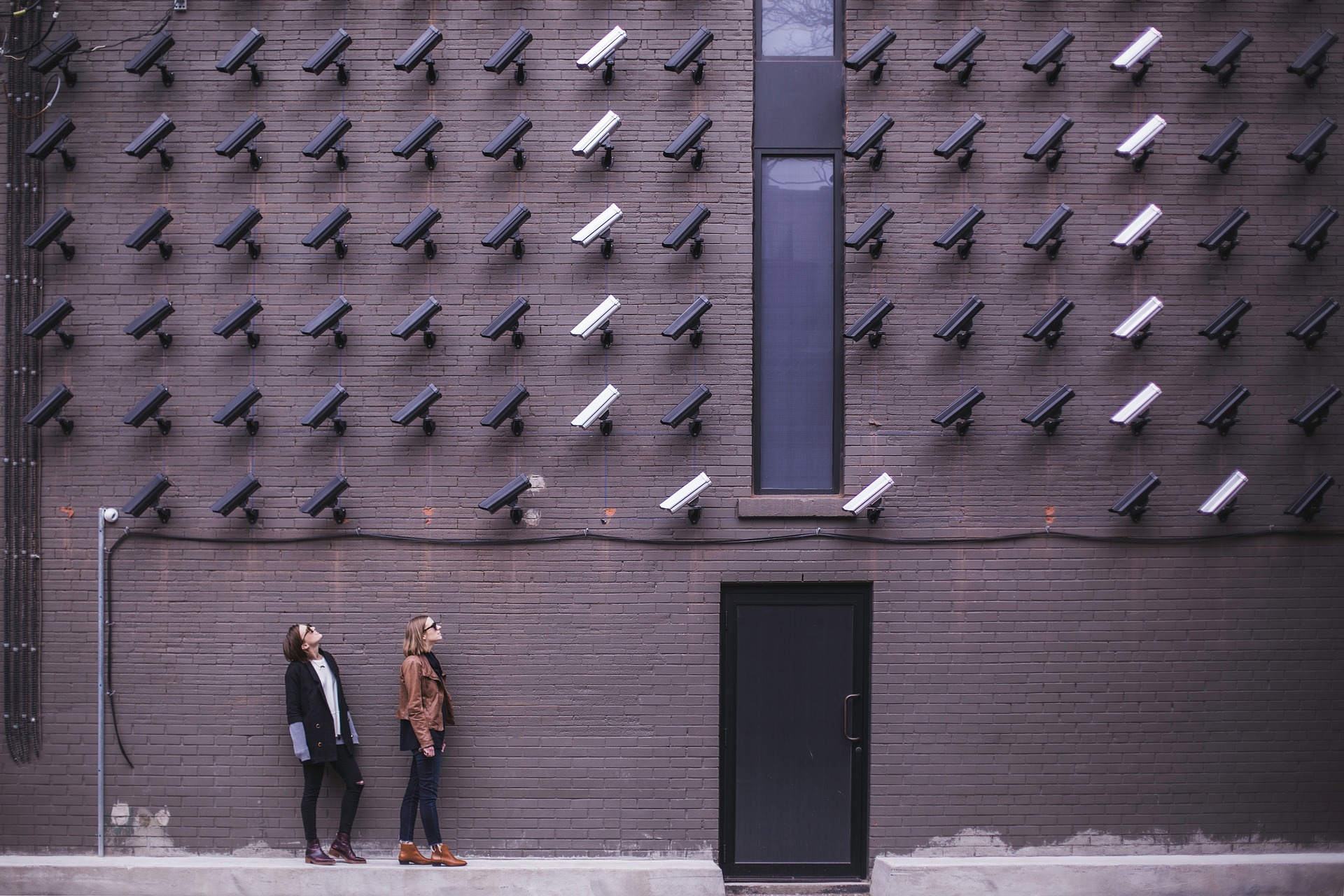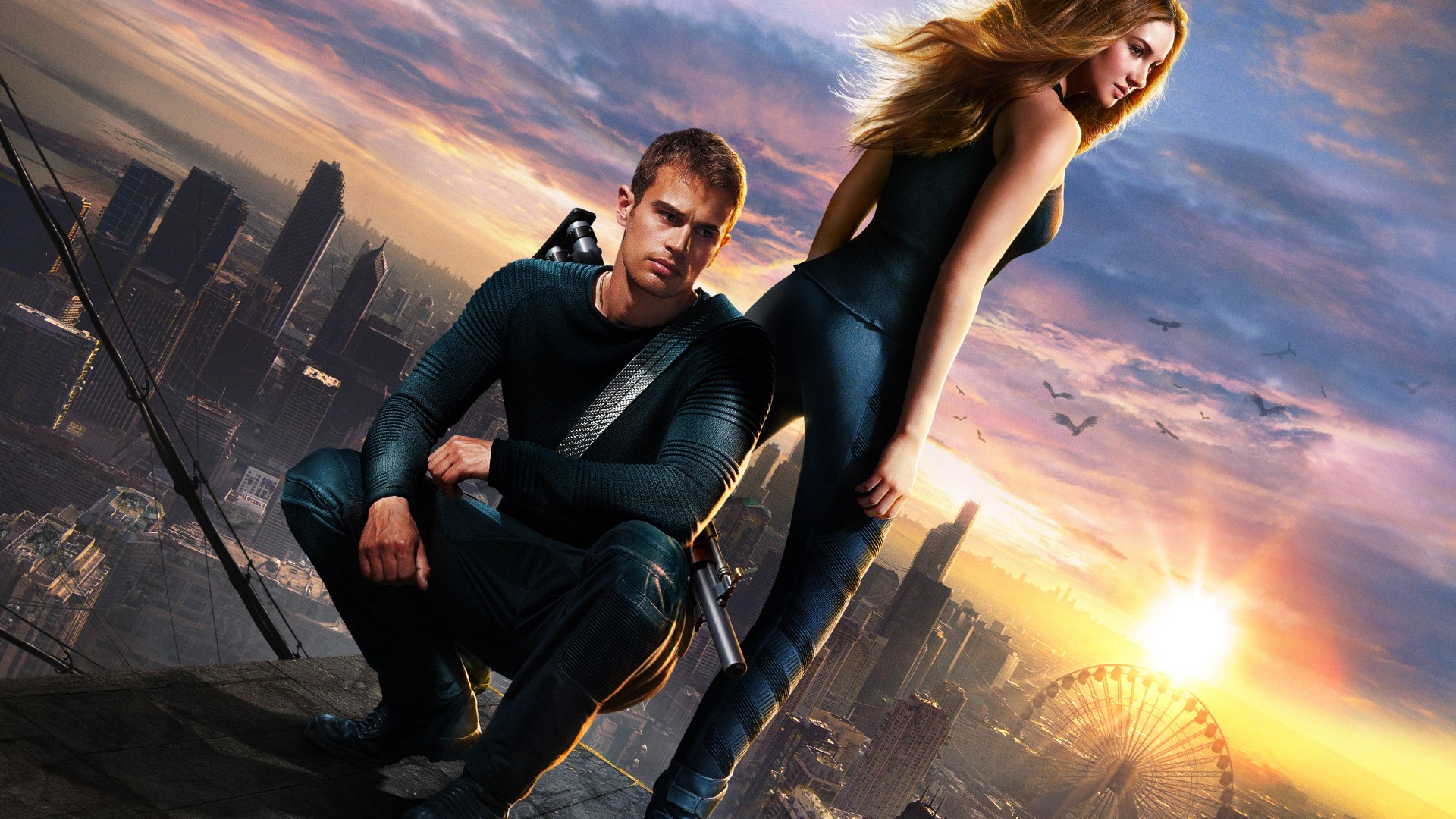Works of fiction that seem to predict the future – is it a simple coincidence or are they omens? Looking at the current geopolitical landscape of our world—North Korea’s oppression, Afghanistan’s restrictions on women’s rights, or even the deep divisions in the United States—it’s hard to ignore the fact that our dystopian future isn’t just coming: it’s already here.
Author: Natalia Laskowska
To understand why dystopian works seem to reflect the future that awaits humanity, it is important to first define dystopias. According to the Cambridge English dictionary, a dystopia is “a very bad or unfair society in which there is a lot of suffering, especially an imaginary society in the future after something terrible has happened”. Dystopias, as depicted in literature or cinema, is often engendered by a disaster, a catastrophe, or an authoritarian government. They are societies in which the majority of the population is oppressed, controlled, and manipulated. I would argue that dystopias were never meant to be real places. They are warnings, about something bad that the government is doing or something that it might do. Although actual dystopias are purely fictional, real-life governments can be “dystopian”, resembling those in novels or movies.
Even though dystopias are purely fictional, they can still be realistic, at least when they are done well. Through the distorted lens of dystopian fiction, the world’s political landscape feels less like a warning and more like reality. As we consider the parallels between these fictional worlds and our own, we are inclined to raise concerns about issues like surveillance and privacy. This is perfectly exemplified in George Orwell’s renowned 1984, a dystopian novel in which the English political novelist paints a tragic image of what the world would be without the freedom to think. To summarise the story in a few words, the main character, Winston, lives in a society in which individuals have lost their ability to think freely, subjected to only one possible opinion and reality, that of a leader called ‘Big Brother’. Winston feels as if he is completely alone, the only person left who can form opinions of his own, which leads him to continue reflecting on the world he lives in, analyzing critically, and struggling for emancipation. The rest of the common people seem to be devoid of any desire and even need to think for themselves, blindly believing and following everything Big Brother says. George Orwell has himself referred to Winston as “the last man in Europe”, the last human being who wants to use his independent mind. When he is eventually caught and tortured by the authorities, he is “converted” to love and believe Big Brother and the last man in Europe is dead. The message of this novel is unmistakably clear: the totalitarian power of the state leads to the subsequent loss of personal autonomy and individuality. In our reality of the world, ‘Big Brother’ does not exist, nor does he succeed in destroying individuality. It can, however, be interpreted that, in a sense, a similar phenomenon is taking place – through the censorship of the written and spoken word. Whether it be in the press or through the election of officials who disfigure the truth, we drown in a world of fake news, unable to distinguish the truth from the lie. Although it is hard to discern the truth, it is still very much possible. However, many people find this difficult, which makes them vulnerable to manipulation.
An excellent less explicit example of a dystopian universe is the Star Wars saga. It might not appear as such, since it is a work that can be classified as science-fiction or even fantasy. This is due to the presence of the magic of the Force, the Sith, and the Jedi, which takes away the viewer’s attention from the oppressive political implications of the Empire and the First Order. It is worth taking a deeper dive into the plot of Star Wars, as there is a whole dystopian geopolitical landscape that should be closely paid attention to. Although none of the Star Wars films presents a straightforward dystopia, they are dominated by dystopian themes. Through the refractive prism of metaphor, the films urge us to associate the Death Star, which is the Empire’s ‘technological terror’, as referred to in Star Wars Episode 4 (A New Hope), with nuclear bombs and stresses the misconception that real power lies in destruction. This is, in turn, challenged by Chancellor Palpatine’s power, consisting of the subtle ability to control and manipulate. It is highlighted by the following quote: “Don’t be too proud of this technological terror you’ve constructed. The ability to destroy a planet is insignificant next to the power of the Force.” Therefore, it emphasizes that real power lies in persuasion rather than coercion, as unlimited power can only be achieved through complete conquest and control of all independent minds. It is also made clear that the rise to power of Palpatine is fully inspired by Adolf Hitler, who were both democratically elected chancellors before being granted almost unlimited power, becoming authoritarian leaders, emperors of their terrified and brain-washed states, which they had achieved by manipulation, propaganda, and fear. Another dystopian concern depicted in Star Wars is the fear of machines dominating us, humans. This is demonstrated by Anakin Skywalker’s journey to the dark side: at the end of his journey, after Padme’s death, Darth Vader is ‘more machine than man’. Darth Vader embodies a tragic hero’s fall, as well as the fragility of human nature and, most importantly, the dehumanizing effects of power.
Finally, one of the most important works of dystopian fiction is The Handmaid’s Tale, by Margaret Atwood. In her novel, she paints the image of an American society in which women are reduced to mere wives and child-bearers, stripped of their rights and identities. Every aspect of the book was inspired by social and political events of the early 1980s when she wrote it. It is still, and more than ever, relevant today, taking into account the current political situation in the USA and the country’s birth rates declining. The brilliant author refers to her work as ‘speculative fiction’, which, in my opinion, is the best term to qualify not only her novel but all dystopian works.
From rising authoritarianism to widespread surveillance, the lines between fiction and reality seem to blur. This is why it is now more important than ever to remain vigilant of the world that we live in and actively prevent the speculations of dystopian works from becoming our reality. Moving forward, every one of us has to reflect on the warnings of these preventative tales, while doing everything in our power not to lose our critical thinking and awareness of the world in which we live.
“Science fiction has monsters and spaceships; speculative fiction could happen.” Margaret Atwood (BBC, 2018).
Cover image by: StockSnap – Pixabay
Edited by: Sophie Van Den Berge, Johanna Larsson Krausová



